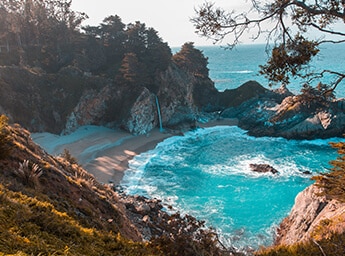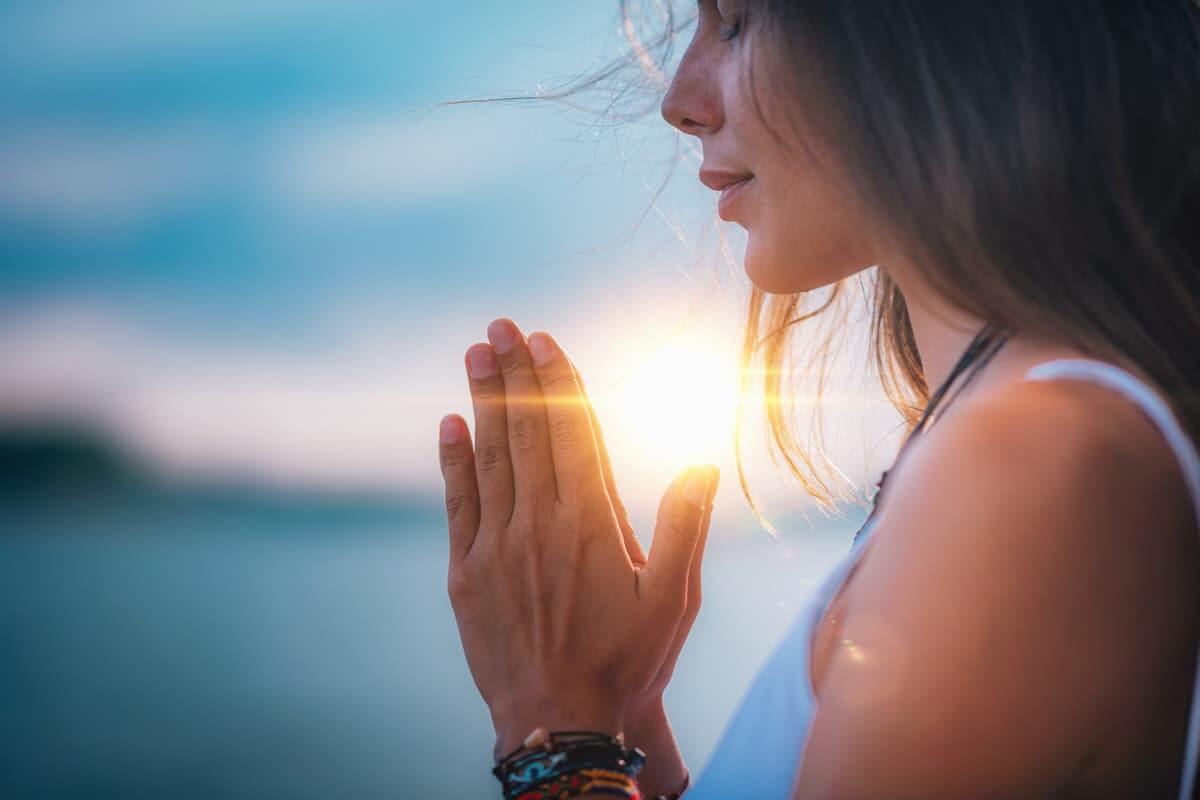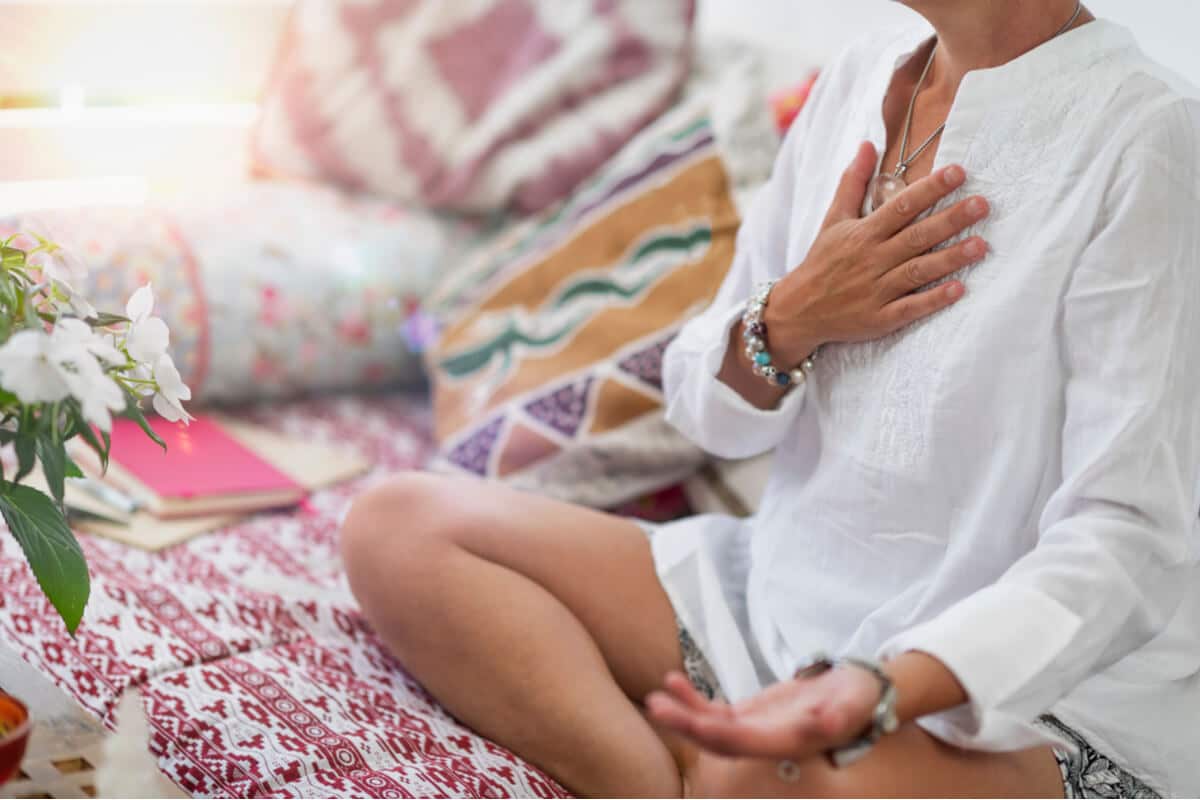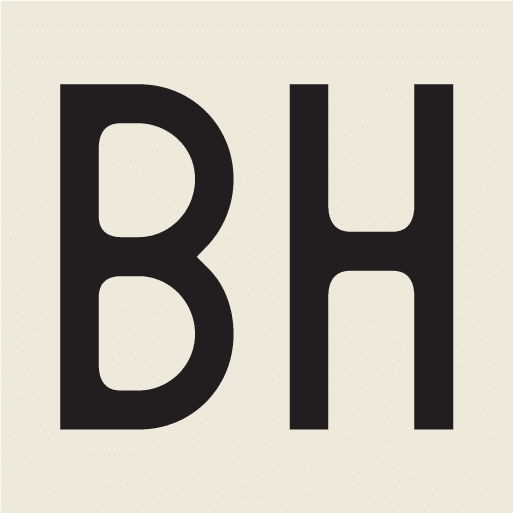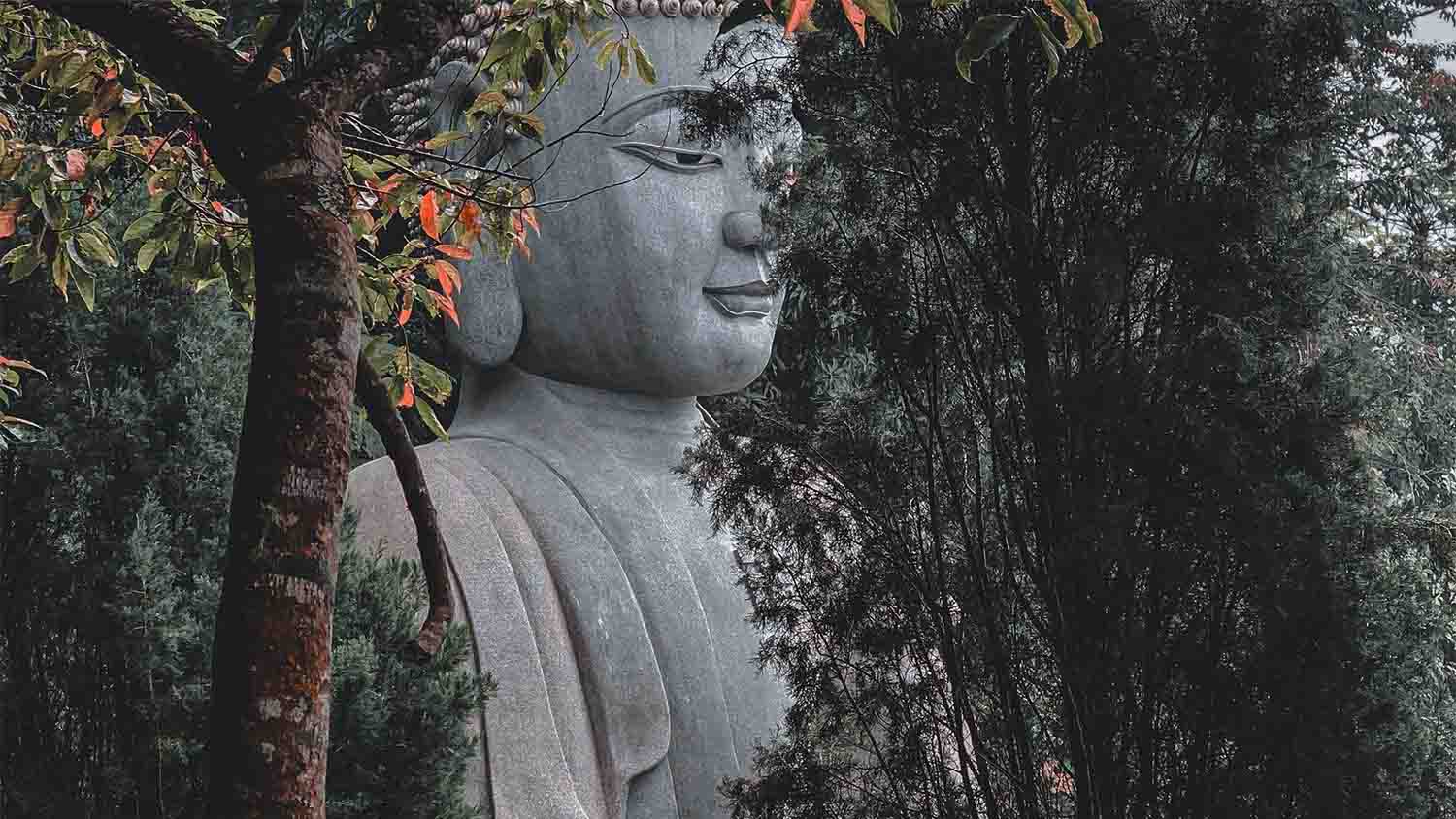Reading Time: Just under 6 minutes
How to Live: You are looking outside, and that is what you should most avoid right now. No one can advise or help you—no one . . .
Growing up in San Francisco I was exposed to the wind and the fog and a brilliant soft natural light. I was exposed, also, to the sea, and salt in the atmosphere, the smell of eucalyptus and the light and the air that blew through those tall trees by the coast, and the texture of sand and granite, the sounds of waves breaking against seaside cliffs, and the nightly lowing of foghorns. The city was close enough to the Sierra Nevada mountains where I spent days backpacking off-trail to alpine lakes and pine forests and plateaus of pristine polished granite. I swam in rivers, and fished, and ran through the Santa Cruz mountains.
How to Live
But for all this natural wonder, it was poetry and Buddhism that brought meaning to my life and taught me how to live.
This month, before I leave on a three-week retreat to Japan to begin restoring a temple there, my weekly articles will take a close look at a passage from poet Rainer Maria Rilke’s Letters to a Young Poet. This week will explore how Rilke can teach us how to live and next week we will explore how Rilke can steer you wrong.
I first read Rilke’s letters when I was 16 years old. And two passages, in particular, have remained with me, deepening in meaning as I live. This week’s column introduces one of the passages, which I will quote at length, so you can refer to it as we explore the spiritual themes, content, and view Rilke expresses here.
In the passage, Rilke writes to Franz Xaver Kappus, a military student seeking to become a poet, but I think that you will quickly realize that Rilke is talking not just about becoming a poet, but about how to live. And though some of the ideas Rilke sets forth here are slightly immature, many of them served as intellectual seeds that eventually gave rise to my aspiration to formally study Buddhism.
Letter #1
The following extract is taken from the first letter of Rilke’s Letters to a Young Poet, sent from Paris, dated February 17, 1903. This version is translated by Stephen Mitchell.
“You are looking outside, and that is what you should most avoid right now. No one can advise or help you—no one. There is only one thing you should do. Go into yourself. Find the reason that commands you to write; see whether it has spread its roots into the very depths of your heart; confess to yourself whether you would have to die if you were forbidden to write. This most of all: ask yourself in the most silent hour of your night: must I write? Dig into yourself for a deep answer. And if this answer rings out in assent, if you meet this solemn question with a strong simple, ‘I must,’ then build your life in accordance with this necessity; your whole life, even into its humblest and most indifferent hour, must become a sign and witness to this impulse. Then come close to Nature. Then, as if no one had ever tried before, try to say what you see and feel and love and lose. Don’t write love poems; avoid those forms that are too facile and ordinary: they are the hardest to work with, and it takes a great, fully ripened power to create something individual where good, even glorious traditions exist in abundance. So rescue yourself from these general themes and write about what your everyday life offers you; describe your sorrows and desires, the thoughts that pass through your mind and your belief in some kind of beauty—describe all these with heartfelt silent, humble sincerity and, when you express yourself, use the Things around you, the images from your dreams, and the objects that you remember. If your everyday life seems poor, don’t blame it; blame yourself; admit to yourself that you are not enough of a poet to call forth its riches; because for the creator there is no poverty and no poor, indifferent place. And even if you found yourself in some prison, whose walls let in none of the world’s sounds—wouldn’t you still have your childhood, that jewel beyond all price, that treasure house of memories? Turn your attention to it. Try to raise up the sunken feelings of this enormous past; your personality will grow stronger, your solitude will expand and become a place where you can live in the twilight, where the noise of other people passes by, far in the distance.—And if out of this turning-within, out of this immersion in your own world, poems come, then you will not think of asking anyone whether they are good or not. Nor will you try to interest magazines in these works: for you will see them as your dear natural possession, a piece of your life, a voice from it. A work of art is good if it has arisen out of necessity. That is the only way one can judge it. So, dear sir, I cannot give you any advice but this: to go into yourself and see how deep the place is from which your life flows; at its source you will find the answer to the question of whether you must create. Accept that answer, just as it is given to you, without trying to interpret it. Perhaps you will discover that you are called to be an artist. Then take that destiny upon yourself, and bear it, its burden and its greatness, without ever asking what reward might come from outside. For the creator must be a world for himself and must find everything in himself and in Nature, to whom his whole life is devoted.”
To save or print this extract from Letter #1 click here: Rilke’s Letter to a Young Poet
Rainer Maria Rilke’s Ideas in Practice
Much here influenced my outlook on life and moved me to take ordination as a Buddhist monk.
In the next three emails, we’ll look at what Rilke says about how to live as well as some of the problems and pitfalls inherent in what he says, how to improve upon the advice he offers here, and how these ideas might serve as seeds for a rich spiritual life.
Next week, we’ll look at Rilke’s injunction to determine what is spiritually necessary for you, and what it means to build your life in accordance with that principle — “even into its [your life’s] humblest and most indifferent hour.”
I’m looking forward to getting started.
Meanwhile, if you’d like to contribute your thoughts, please feel free to join the discussion by posting here. I would love to hear from you, and I promise to reply.

